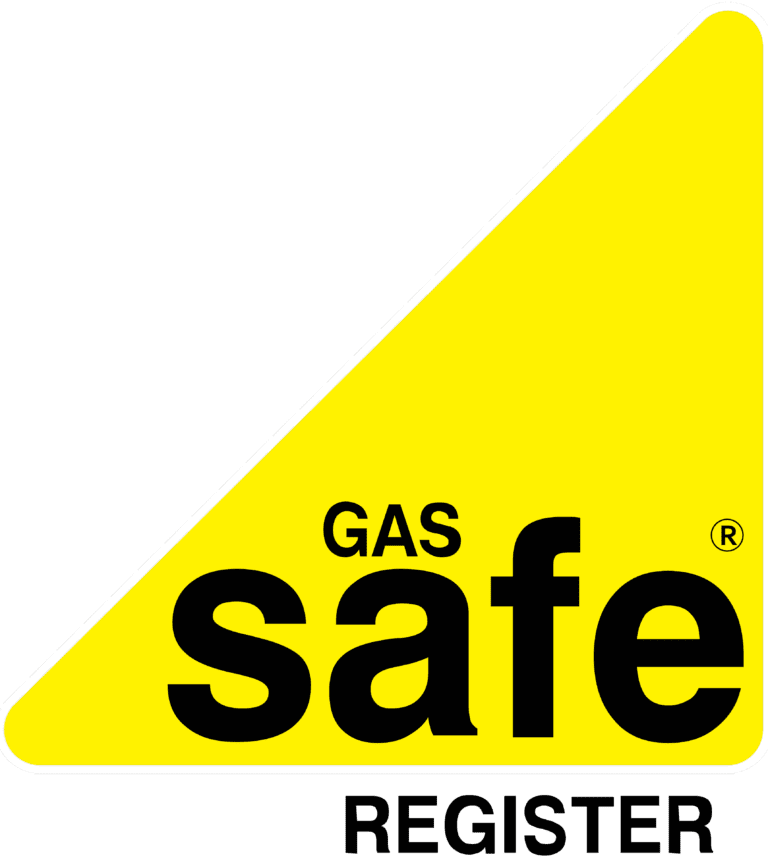Jump to:
What Do Ideal Boiler Error Codes Mean?
Ideal boilers, like many modern boilers, have built-in diagnostic systems. When a problem arises, an error code or fault code will appear on the display. These codes streamline troubleshooting, helping you (or a Gas Safe registered engineer) identify the root cause of the problem. Your Ideal boiler manual will have detailed explanations of specific error codes.
H2: Common Ideal Logic Boiler Error Codes and Fixes
The Ideal Logic range is popular in the UK. Here are some common error codes you might see:
- F1 Error Code: (Low Water Pressure) – This is one of the most common fault codes on Ideal boilers. See the section below for details.
- L2 Fault Code: (Flame Loss or Lockout) – Several factors can cause it, including low gas pressure, faulty gas valve, or flue problems. See details below.
- Other Fault Codes: F2, L0, L1, L7, L8, H20, and more. Your boiler manual will explain, and we’ll cover some of them briefly later.
Ideal Logic F1 Error: Low Water Pressure
The F1 error code signals low water pressure within your central heating system. The boiler needs correct pressure to function safely.
- Fixing the F1 Error: Increase water pressure using the filling loop (refer to your manual). Aim for a pressure of around 1.5 bar on the pressure gauge. If it keeps dropping, you may have a water leak.
Ideal Logic L2 Fault: Flame Loss or Lockout
The L2 fault code indicates flame failure or lockout. This safety feature shuts down the boiler if it can’t safely maintain a flame.
- Fixing the L2 Fault: Check your gas supply, reset your boiler, and ensure ventilation isn’t obstructed. If the problem persists, call a Gas Safe registered engineer.
Other Common Ideal Boiler Fault Codes
Here’s a quick look at some other potential codes:
- F2: Also related to flame failure.
- L0/L1: Often indicates a sensor issue or printed circuit board (PCB) fault.
- H20: Can signal a problem with the central heating flow thermistor.
What Do I Do If My Ideal Boiler Displays a Fault Code?
- Consult Your Manual: The first step is to identify what the specific error or fault code means.
- Try Basic Troubleshooting: Some issues like low pressure can be easily fixed.
- Reset Your Boiler: Sometimes a simple reset can clear temporary errors.
- Call a Professional: If the problem persists or involves gas components, call a Gas Safe registered engineer.
Can I Fix My Ideal Boiler Issues Myself?
Simple fixes like checking water pressure and resetting the boiler are generally okay to do yourself. However, if the fault codes point to problems with gas components, the internal workings of the boiler, or persist after basic troubleshooting, you must always call a Gas Safe registered engineer for safety reasons.
Why is My Boiler Pressure Dropping?
If you find yourself repeatedly topping up your boiler’s pressure, there’s likely a leak somewhere in your central heating system. Leaks can be in radiators, pipework, valves, or even within the boiler itself. Call a Gas Safe registered engineer to identify and fix the leak.
When Should I Call a Gas Safe Registered Engineer?
It’s crucial to call a Gas Safe registered engineer in the following situations:
- Persistent or Recurring Error Codes: If the issue keeps coming back, there’s likely an underlying problem best left to a professional.
- Suspected Gas Issues: Anything related to the gas supply, gas valve, or the burner needs professional attention.
- Safety Concerns: Don’t put yourself at risk – call a qualified engineer!
- L2 Fault Code: This signifies a flame safety issue, and gas components may need attention.
Tips to Prevent Ideal Boiler Problems
- Annual Servicing: Get your Ideal boiler serviced annually by a Gas Safe registered engineer to catch potential problems early.
- Monitor Pressure: Keep an eye on your boiler’s pressure gauge. Significant changes may indicate a leak.
- Bleed Radiators: Bleed your radiators periodically to remove air pockets and improve efficiency.
- Listen for Unusual Noises: Strange sounds from your boiler could signal the start of a problem.
Summary: Key Takeaways
- Familiarise yourself with your Ideal boiler’s common error codes and their meanings.
- Simple troubleshooting steps like checking pressure and resetting the boiler are often the first line of defense.
- Never attempt DIY repairs on gas-related components or complex faults. Your safety is paramount.
- Regular boiler servicing helps maintain your system and avoid future breakdowns.
Remember: While some common Ideal boiler error codes can be addressed with simple solutions, it’s always best to prioritise safety and call a qualified Gas Safe registered engineer when unsure or when issues persist. By understanding these error codes and taking preventative measures, you can keep your Ideal boiler operating smoothly, ensuring your home stays warm and comfortable.

